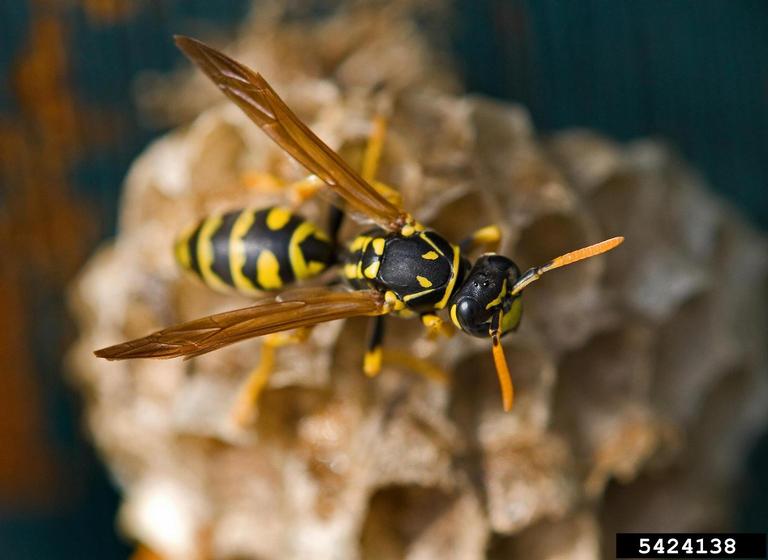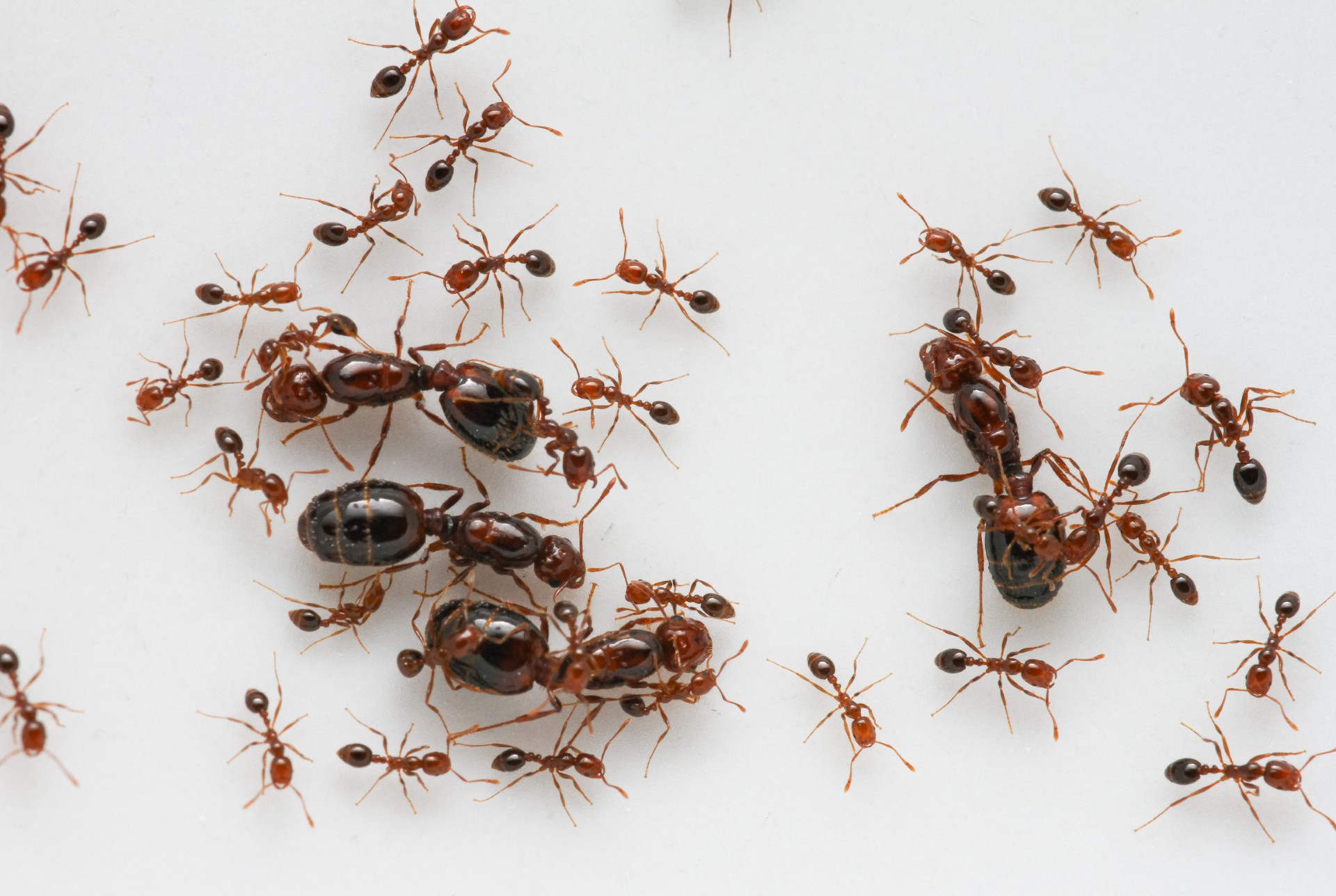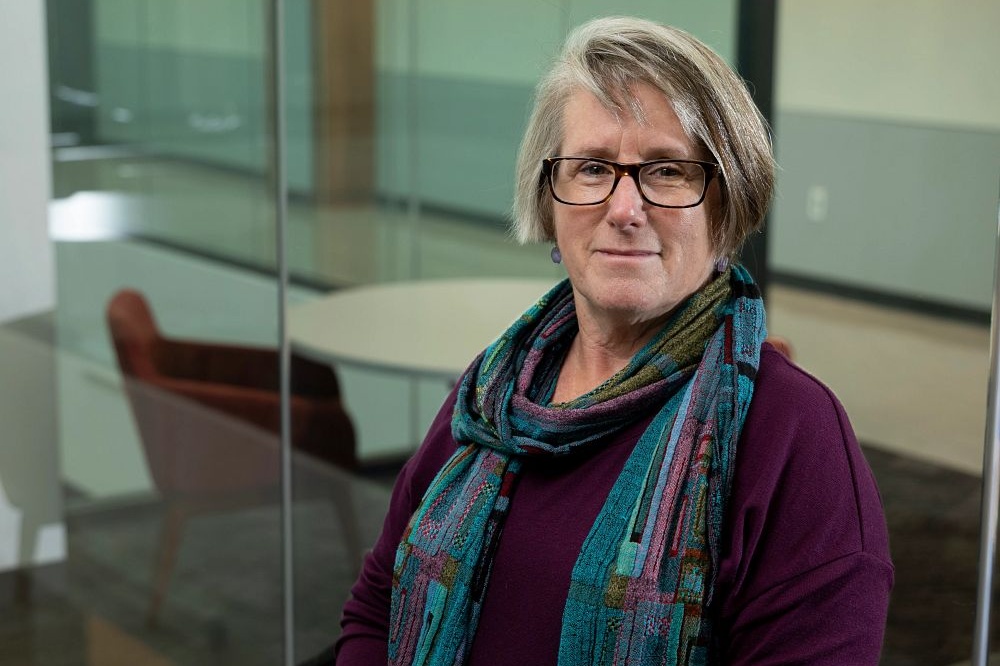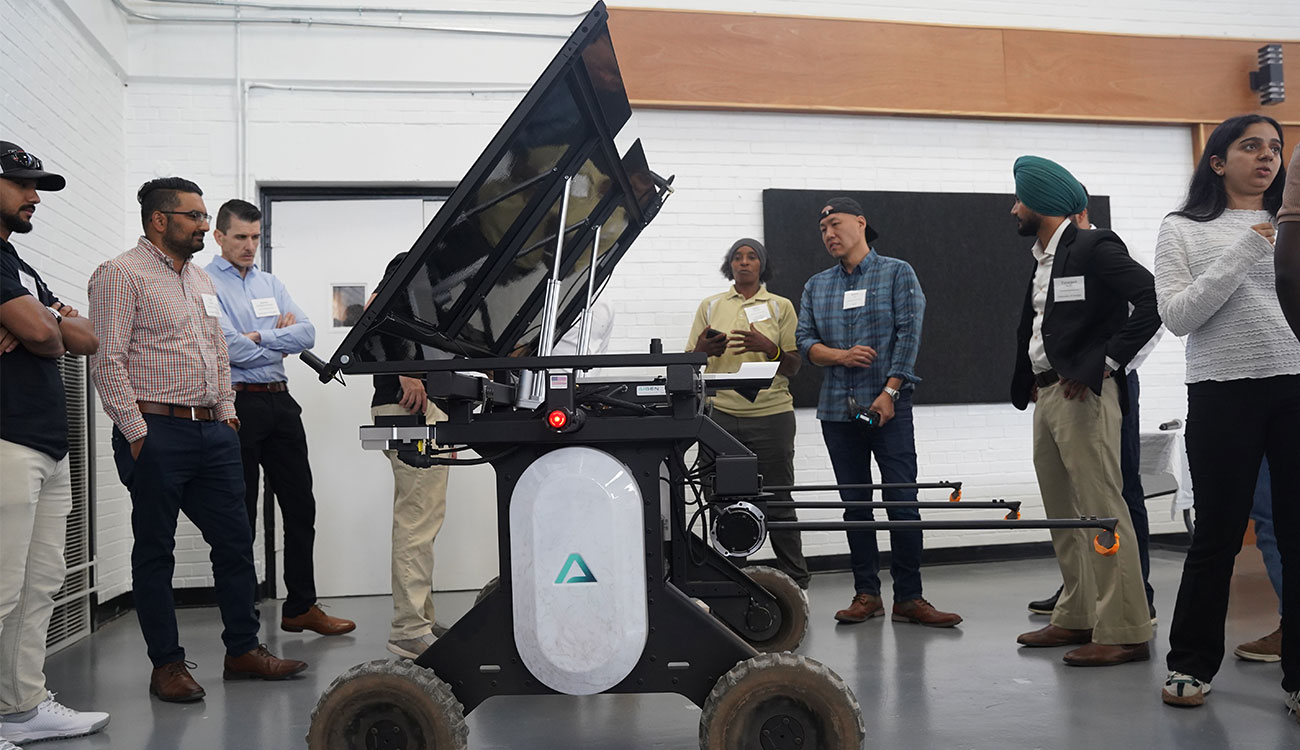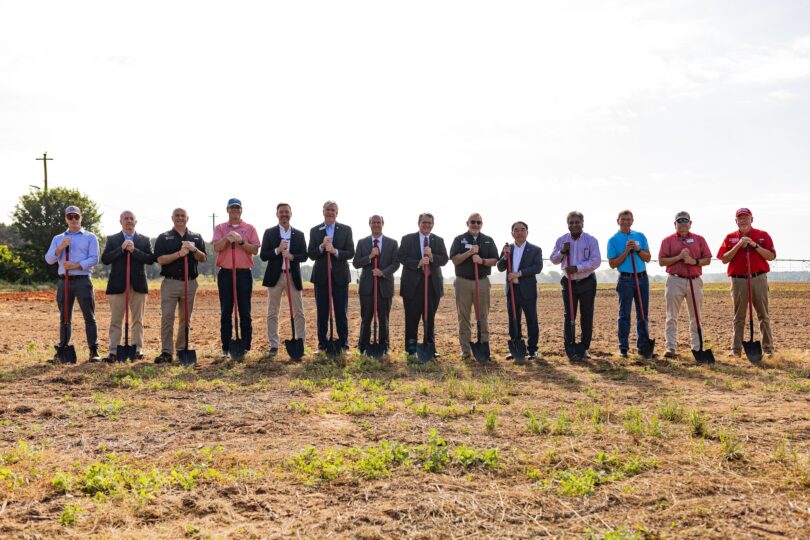UGA began the strategic planning process in 1999, and the plan developed by CAES included a number of programmatic and facility proposals which have already been accomplished. Some of those include a new agriscience and environmental systems major offered at the Tifton campus, about $1.5 million in new funding for crop and poultry research and approval of $50 million in agricultural facilities around the state over the past five years.
The college is also home to three of UGA's nine Georgia Research Alliance eminent scholars, top researchers who are recruited to the state through a combination of state and university funds. Several CAES researchers are now working in the Center for Applied Genetic Technologies, which opened in 2002.
"Over the past year, we initiated a program planning process to assess and review all programs in the college," said Gale Buchanan, dean of the CAES. "This was an inclusive process designed to best serve the needs of the ever-changing field of agriculture. The assessment was completed in conjunction with college faculty and staff, the college advisory council and key industry representatives. All research and extension programs were examined in the context of available resources."
Implementation of the changes will begin July 1, 2003, with some programs operating through Dec. 31, 2003.
To increase the effectiveness and efficiency of college programs, the following changes were enacted:
- Transform the Athens research dairy into a teaching facility. Rapidly changing technology in the animal sciences has rendered the Athens dairy facility obsolete. CAES dairy research capacity can be enhanced by consolidating all research activities within the modern dairy facility on the Tifton, Ga., campus. To accommodate instructional needs, a model facility will be built on the Athens campus when resources are available.
- Consolidate the swine research program. The college will refocus and consolidate its efforts in swine research by closing the Tifton research facility and moving swine operations to Athens, where facilities will be developed to meet teaching and basic research needs.
- Redirect the aquaculture research program to outreach. Although farm-based aquaculture has potential importance in Georgia, the college has been unable to develop a critical mass of scientists and facilities to conduct a satisfactory research program. As a result, aquacultural research, concentrated on the Tifton campus, will be discontinued. The program will be refocused to increase extension and outreach support for the industry. The college is working to create a collaborative effort with Fort Valley State University's Aquaculture Research Unit and Auburn University.
- Cease operation of the Blueberry and Vegetable Processing Facility. Faculty and staff retirements and resignations make it no longer feasible to operate the facility in Alma, Ga. The facility is on property owned by Bacon County. The building and equipment are owned by the University of Georgia. All activity will be terminated, and negotiations with local officials will begin to transfer facility operations to local control.
- Refocus activities at the Bamboo Farm and Coastal Garden. Research and extension programs at the Bamboo Farm and Coastal Garden in Savannah, Ga., include ornamentals, turf, fruit and vegetables. Research conducted at this facility is severely limited by the lack of suitable land. Yet the facility has extensive extension and outreach programming that is heavily supported by the community. The college will refocus programs, eliminating research activities and concentrating on extension and outreach programming.
- Cease research and most extension programs at the Southeast Research and Education Center. The facility at Midville, Ga., provides land for plot research and field demonstrations for soybeans, peanuts, cotton and pecans. The demand for the land for research needs has decreased significantly, providing an opportunity for the college to suspend research and extension programs while maintaining facilities. The facility will be renamed the Southeast Education Center, and research into these crop areas will continue at other locations.
- Establish a soil test user fee. Effective July 1, the user fee for services provided to homeowners by the Agricultural Services Laboratory in Athens will be extended to all users.
(Chuck Toney, UGA University Relations, contributed to this article.)

